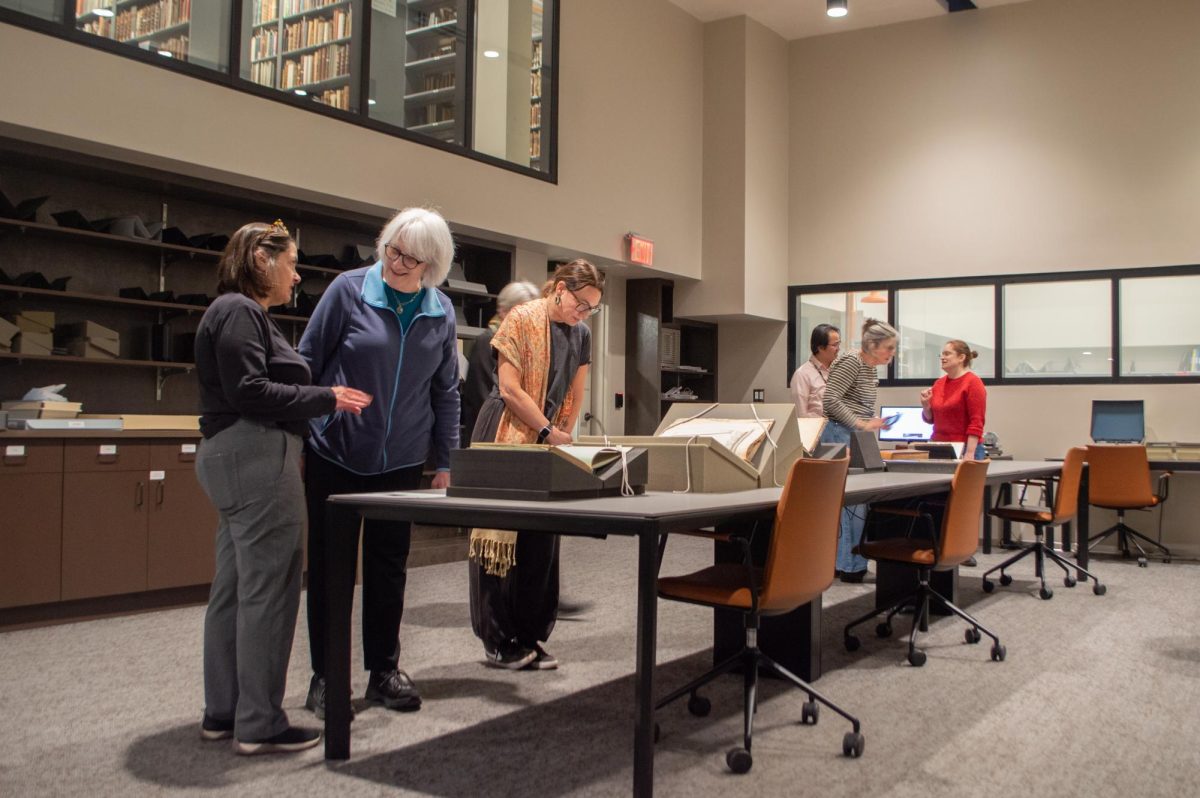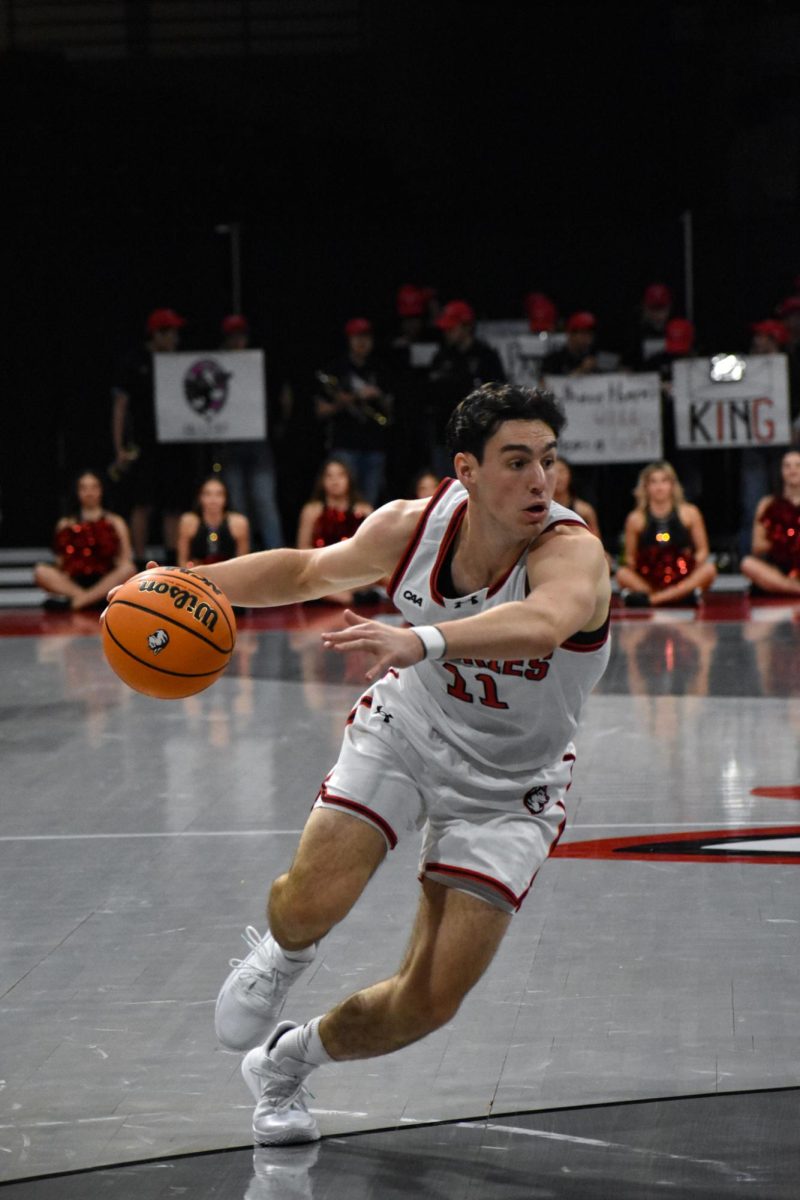By Aurehzu Ashley Rahimian, News staff
Peer Health Exchange (PHE) is a non-profit organization founded seven years ago to give teens the knowledge and skills they need to make healthy decisions. Through PHE, college volunteers are trained to teach a comprehensive health curriculum in public high schools.
PHE originated in New York in 2003, and the program was brought to Northeastern four years ago.
“We can’t grow fast enough to meet the needs of our students,” said Jaime Chabot, co-coordinator of PHE at Northeastern and a junior psychology student. “With the exception of this year, PHE has launched a program in a new city every year since it began.”
While their national headquarter is in San Francisco, PHE is established in four other major cities: Boston, New York, Chicago and Los Angeles. Their programs are also established at six colleges within the Boston area: Northeastern, Boston University, Boston College, Tufts, Harvard College and University of Massachusetts Boston.
The curriculum is created by medical doctors and updated every year. PHE volunteers said everything they teach is “extremely” relevant, and it’s something everyone can relate to.
Volunteers for PHE said their involvement with the program has proved to them that one person can make a difference.
“A lot of what we teach is something I wish I had learned when I was that age,” said Albert Conicella, co-coordinator of PHE and a senior health science student.
There are two co-coordinators at Northeastern, who work as the liaisons between the PHE staff and the 11 members on the Leadership Council.
“For being a volunteer group, PHE is so hands-on. It’s so unique from other volunteer groups, and you can actually see the difference you’re making on a daily basis,” Chabot said.
Each leadership counselor is assigned to a specific category, which includes nutrition and physical education, drugs, mental health, alcohol, tobacco, rape and sexual assault, STDs and HIV, abusive relationships, healthy relationships, sexual decision-making and pregnancy prevention.
Taarika George, leadership counselor for nutrition and physical education and a middler health science major, said, “It’s exciting for me to be involved because I get to teach what I’m passionate about.”
There are 6,000 high school freshmen in Boston, and PHE reaches out to over 4,100 of these students.
“I didn’t realize how much these kids wanted to learn until we taught the curriculum,” Conicella said. “The kids will come up to you after class to thank you for teaching them. It’s encouraging and reassuring because it shows us that there is a purpose to what we’re doing.”
PHE leaders said 70 percent of students now have health education because of their program, and 88 percent of students taught said they would actually use something that they have learned from the program. At the beginning and end of each PHE curriculum, students are also tested for their general knowledge of health education. These studies have found that there is a 16 percent increase in knowledge of health education when students take the test again at the end of the year.
Chabot said PHE targets high school freshmen because “in most cases, they’re able to learn and to apply these skills before it’s too late.”
For more information, go to Peerhealthexchange.org.








